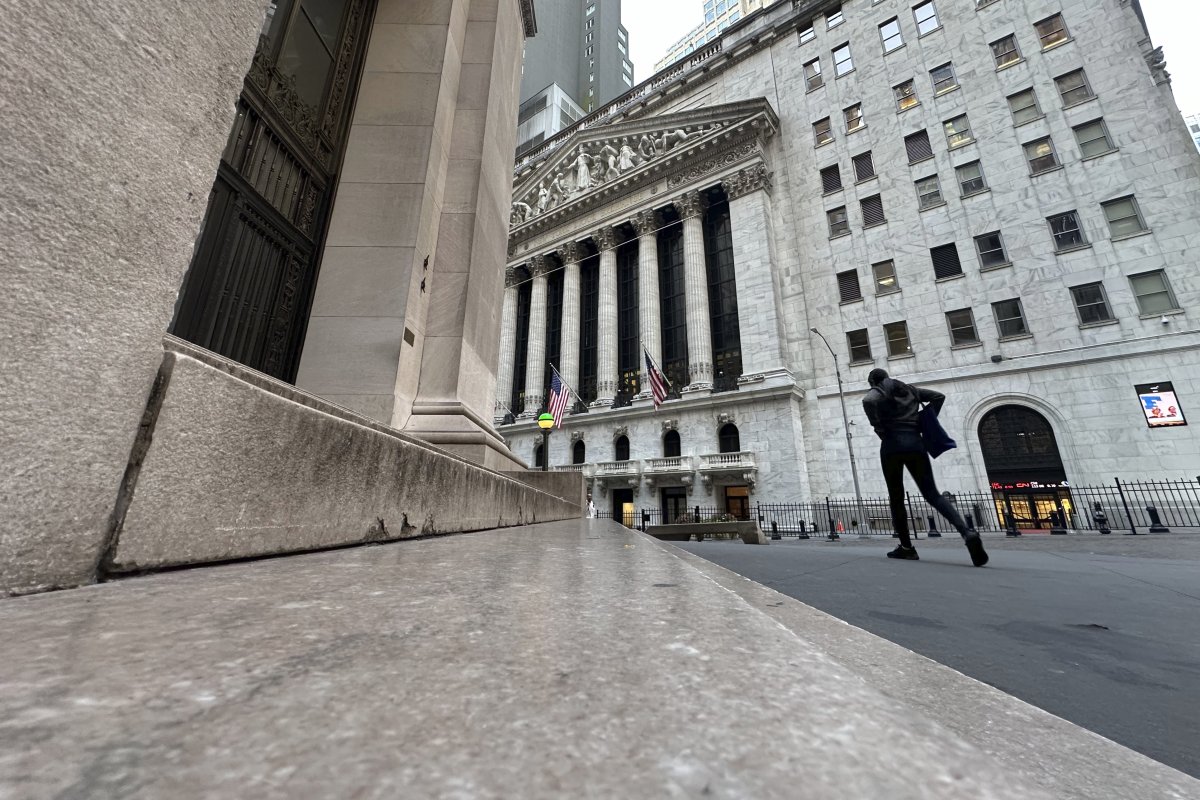Chinese stocks fell sharply on Wednesday, with Shanghai’s benchmark dropping 6.6% and Hong Kong’s index sliding 1.5%.
European stocks opened flat, with France’s CAC 40 rising 0.2% to 7,538.08, Germany’s DAX remaining little changed at 19,070.69, and Britain’s FTSE 100 climbing 0.5% to 8,227.54.
Futures for the S&P 500 were 0.3% lower, while the Dow Jones Industrial Average fell 0.2%.
Song Jiaru/AP Photo
Details regarding economic stimulus plans from Beijing have not met the high expectations that emerged following announcements from the central bank and other government agencies aimed at reviving the struggling property market and spurring economic growth.
The Shanghai Composite index dropped 6.6% to 3,258.86 after a 4.6% gain on Tuesday, which followed a weeklong national holiday. The CSI 300 Index, which tracks the top 300 stocks traded on the Shanghai and Shenzhen markets, fell 7.1%, while the benchmark in Shenzhen experienced an 8.7% decline.
Hong Kong’s Hang Seng Index lost 1.5% to 20,618.79, following a plunge of over 9% on Tuesday.
The Chinese government has set a target of about 5% annual growth for the year; however, the economy expanded at only a 4.7% rate in the last quarter, leading economists to revise their estimates for the full year downward.

Peter Morgan/AP Photo
The stimulus measures announced in late September initially sparked a rally, but enthusiasm has since waned. Analysts noted that a news conference on Tuesday by China’s National Development and Reform Commission was unlikely to provide substantial information regarding government spending, which falls under the Finance Ministry’s jurisdiction.
That ministry is scheduled to hold a briefing on Saturday, potentially offering more details on planned government spending that has so far not met investor expectations.
“A lack of new stimulus has been the cause of disappointment, with many market participants hoping that fiscal policies would mirror the financial ‘bazooka’ delivered in late September, but there was clearly a step-down in yesterday’s announcement,” commented Yeap Jun Rong of IG.
Despite recent declines, the Shanghai Composite remains up 5.2% from a year ago and more than 10% over the past three months. In contrast, Hong Kong’s index has risen nearly 18% from the previous year.
In Tokyo, the Nikkei 225 index advanced 0.9% to 39,277.96, with shares of Japanese retailer Seven & i Holdings gaining 4.7% following reports of an increased takeover bid by Canadian convenience store operator Alimentation Couche-Tard. Australia’s S&P/ASX 200 gained 0.1% to 8,187.40, while South Korean markets were closed for a public holiday.

Eli Hartman/AP Photo
Oil prices extended their gains as tensions heightened in the Middle East, with benchmark U.S. crude oil adding 25 cents to $73.82 per barrel. Brent crude, the international standard, rose 32 cents to $77.50 per barrel.
In currency trading, the U.S. dollar edged up to 148.56 Japanese yen from 148.20 yen, while the euro fell from $1.0961 to $1.0970.
This article includes reporting from The Associated Press


